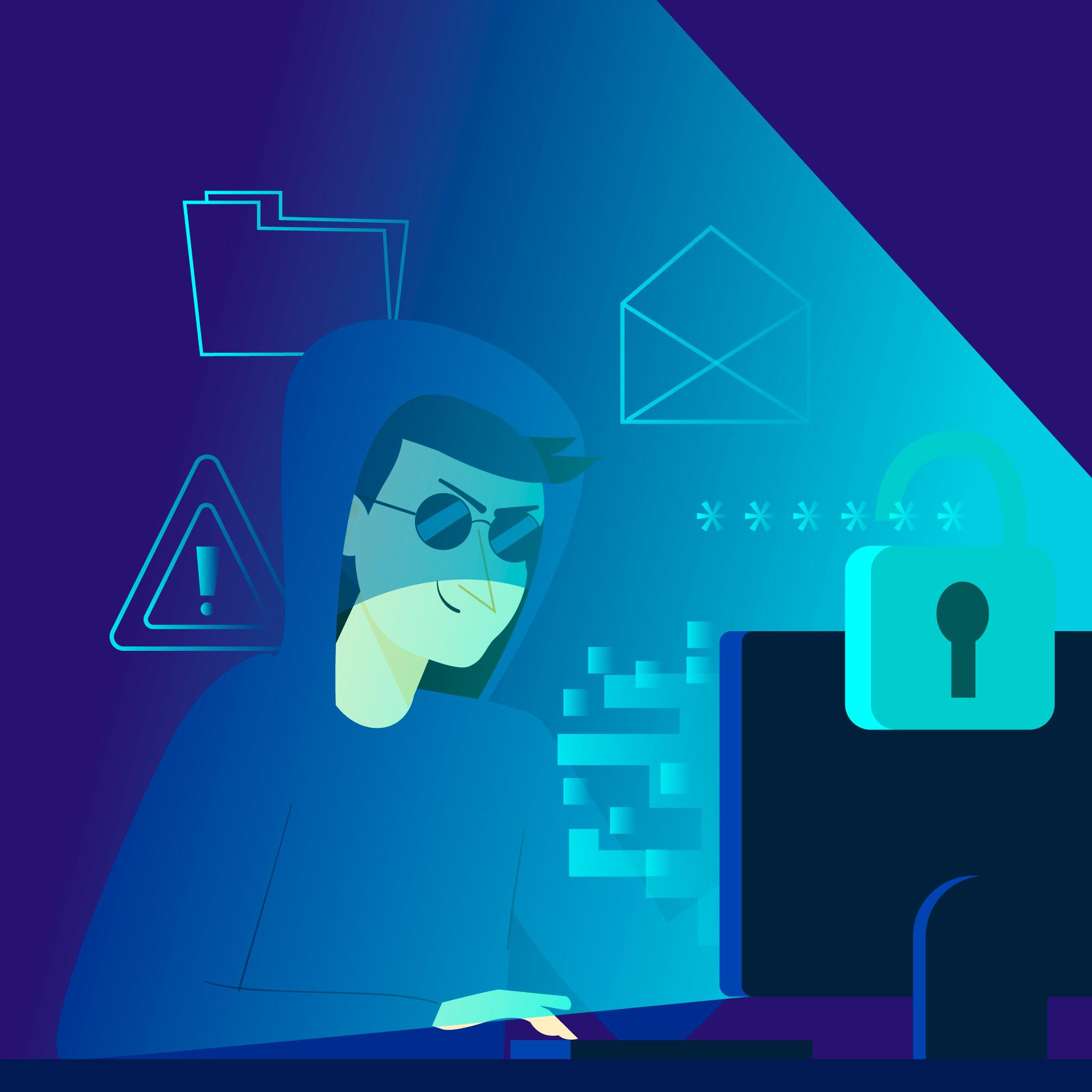A Level 1 Security Operations Center (SOC) is the first line of support in a security operations center. Level 1 SOC analysts are responsible for basic security monitoring, incident detection, and alert management. Their main task is to monitor security alerts generated by monitoring tools such as intrusion detection systems (IDS), firewalls, and other security devices. When a potential threat is detected, Level 1 analysts conduct an initial investigation to determine whether it is a real incident or a false positive. If they identify a real threat, they escalate it to Level 2 analysts for deeper investigation.
A Level 2 SOC is the second line of support within a security operations center, where analysts have more experience and advanced technical knowledge. After an incident is escalated from Level 1, Level 2 analysts are responsible for more detailed investigations, such as forensic data analysis, event correlation, and evaluating more complex threats. They can also implement corrective measures, such as containing an attack or mitigating a vulnerability. Level 2 analysts are experts in security analysis techniques and handle more advanced incidents that could not be resolved at the first level.

Ethical hacking refers to the practice of simulating cyberattacks on systems, networks, and applications to identify vulnerabilities and security weaknesses before malicious hackers can exploit them. Ethical hackers, also known as «white hat hackers,» are explicitly authorized by organizations to perform penetration tests and security assessments. These services help improve a company’s security posture and comply with data protection regulations.
Penetration testing is a specific type of ethical hacking in which security experts attempt to exploit vulnerabilities in systems or networks to assess an organization’s exposure to real-world attacks. Pen testers use a combination of tools and advanced techniques to evaluate the security of networks, web applications, devices, and other technological infrastructure components. Upon completing the tests, professionals provide a detailed report of the vulnerabilities found, their potential impact, and recommendations for mitigating the risks.
IT auditing is a process for evaluating an organization’s information technology systems to ensure that controls, policies, and procedures are adequate and effective for protecting IT assets and data. IT auditors review infrastructure, regulatory compliance, security, and operational efficiency of the technologies used in the company. They also help identify risks, improve IT governance, and ensure compliance with regulations such as data protection laws (e.g., GDPR).

This refers to the process of managing, maintaining, and optimizing the fundamental technological resources within an organization, such as servers, networks, storage, databases, and applications. The goal is to ensure all IT infrastructure components operate efficiently, securely, and reliably. It includes configuration, continuous monitoring, patching, and capacity planning to meet future business needs.
Incident management focuses on identifying, responding to, and resolving issues that disrupt the normal functioning of IT systems or services. Incidents can include hardware failures, application crashes, security issues, etc. The objective is to minimize the impact on business operations and restore affected services as quickly as possible. The process involves alert reception, incident classification and prioritization, task assignment to appropriate teams, and ongoing communication with affected users until resolution
These are the measures taken to resolve identified problems and prevent them from recurring. In the context of advanced technical support, corrective actions are typically implemented after a root cause analysis of an incident or failure. For example, if a server fails due to incorrect configuration, the corrective action may be to fix the configuration and establish additional procedures to prevent recurrence. Corrective actions may include software updates, infrastructure improvements, monitoring procedure changes, or additional security controls.

IT security consulting refers to services provided by experts who advise organizations on how to protect their technology assets and sensitive data from threats. Consultants help companies identify vulnerabilities, establish appropriate security policies, implement protection solutions, perform infrastructure audits, and ensure compliance with security regulations. Their role also includes staff training and incident response planning to reduce the risk of attacks.

The term «protected internet» refers to the security measures and practices applied to the internet environment to protect users and organizations from online threats. This involves implementing security protocols such as HTTPS, using firewalls and intrusion detection systems (IDS), and proper access and authentication management. «Protected internet» aims to ensure that network connections are secure, avoiding common vulnerabilities that cybercriminals may exploit. It also involves constant monitoring of suspicious activities and adopting technologies such as VPNs and encryption to ensure the confidentiality and integrity of data transmitted over the internet.
©2025 Innova. All rights reserved.